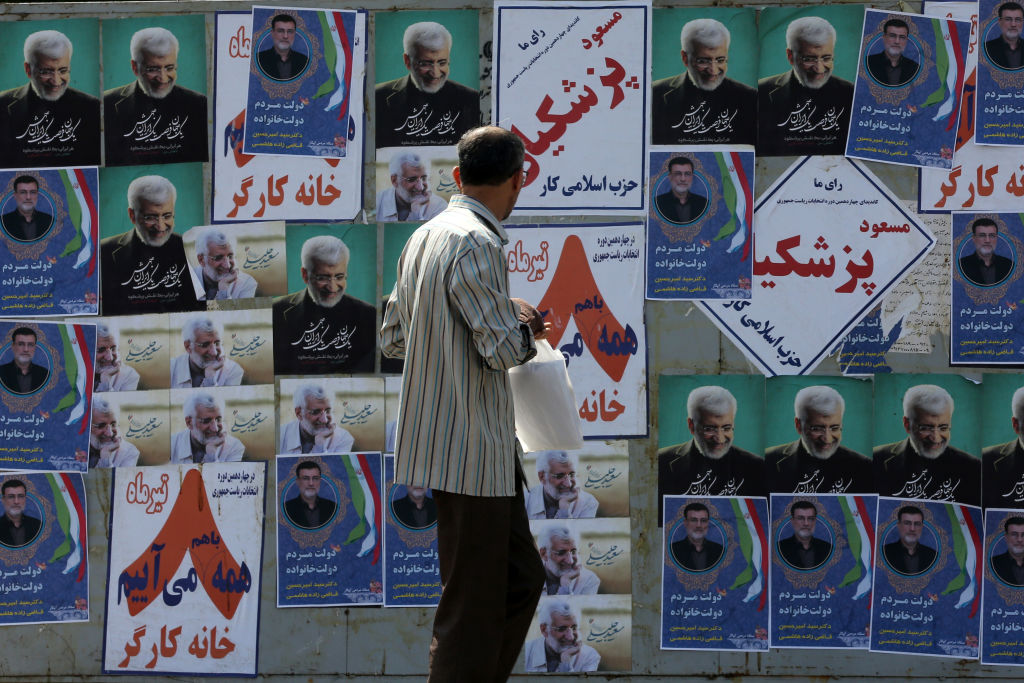This is part of our continuing series of accounts by readers of how they shed the illusions of liberalism and became race realists.
Fresh out of college, I landed a job at a large software company located in the Northeastern United States. The name of the company would be familiar to most engineering majors. On my first day, I was astonished by how many of my coworkers were non-white (Indians and East Asians). In college, my engineering program was almost exclusively white, so this was a culture shock. I estimate that about 70-80 percent of the workforce was non-white.
At first, I was open-minded about working in a “diverse” environment. Indian and Asian cultures hold education in high regard. I was impressed by their conservative family values that place strong emphasis on marriage and children (far more so than many white people nowadays, sadly). Asians, in particular, are very hard working, and they are remarkably frank about some things. I recall having some very blunt and non-PC conversations with Asian coworkers about black crime. And Indian food is tasty, although the spices require a strong stomach.
Indians seem like reasonable people at first, but I quickly realized they have a dark side. Whereas I was raised to judge people as individuals and not be a “racist,” Indians are tribalists to the core. I saw blatant nepotism by Indian hiring managers; they would always hire other Indians. They systematically take over companies by maneuvering themselves into hiring positions, and then stack the entire organization with other Indians. White job applicants can’t compete with this kind of ethnic networking.
It was very common for siblings of Indian managers to get job offers, and in a few cases even spouses got jobs. All the white employees knew this was going on, but none of us dared say anything lest we be accused of being “racist.” Upper management (which was still mostly white), was either oblivious or in denial about these practices. Instead, we were always warned to watch out for imaginary “white privilege.” The only privilege I ever saw was “Indian privilege.” It makes my blood boil to think how many qualified white job seekers were passed over so that Indian managers could hire unqualified kinfolk.
I was the only white person on my team; everyone else was Indian or Asian, with an Indian manager. During team meetings, they excluded me from conversations. Whenever I managed to express an opinion, they would close ranks and take the opposite viewpoint. They behaved like a petty high school clique. This made me feel very alone and isolated, unwelcome and unappreciated. They never said so out loud, but I suspect that the source of their resentment was their view that I was a “privileged white man.” In fact, I grew up very poor, and was the first in my family to go to college.
Indians are shameless self-promoters, and make sure upper management is aware of every little thing that they accomplish. Many times, my coworkers stole my ideas and presented the work to upper management as exclusively their own. This was shocking to me. White people don’t act that way. We tend to put our heads down and work quietly to get the job done. It’s not in our nature to go out of our way to seek recognition. Sadly, this gives upper management the false impression that Indians are “doing all the work,” and the whites are “not doing anything,” leading to unfair performance reviews.
Indians have no loyalty or patriotism whatsoever towards America. To them, America is nothing more than an economic zone where they can make money and send remittances back to their families. I have never seen an Indian fly an American flag or celebrate the Fourth. When the company had a donation-matching drive in which employees could give a portion of their paycheck to the charity of their choice, all my Indian coworkers donated to Indian organizations that help people back in India. What about poor white people here in America? What about homeless veterans? They couldn’t care less. If there were ever a war between the US and India, we’d have a huge fifth column in the most sensitive tech positions in our country. I shudder to think about that.
I left the company. In my current job, most of my coworkers are white, and I feel so much more appreciated, and I have a sense of belonging and comradery. When you are around other white people, there is a deep sense of kinship and community that is impossible when you are the only white person. Our people need to wake up and come together as a group, because we can’t survive as individualists in a world of racial collectives.
If you have a story about how you became racially aware, or about your firsthand experience with race, we’d like to hear it. If it is well written and compelling, we will publish it. Please feel free to use a pen name and send it to us here.

 By American Renaissance | Created at 2025-01-07 01:50:05 | Updated at 2025-01-08 06:25:25
1 day ago
By American Renaissance | Created at 2025-01-07 01:50:05 | Updated at 2025-01-08 06:25:25
1 day ago








